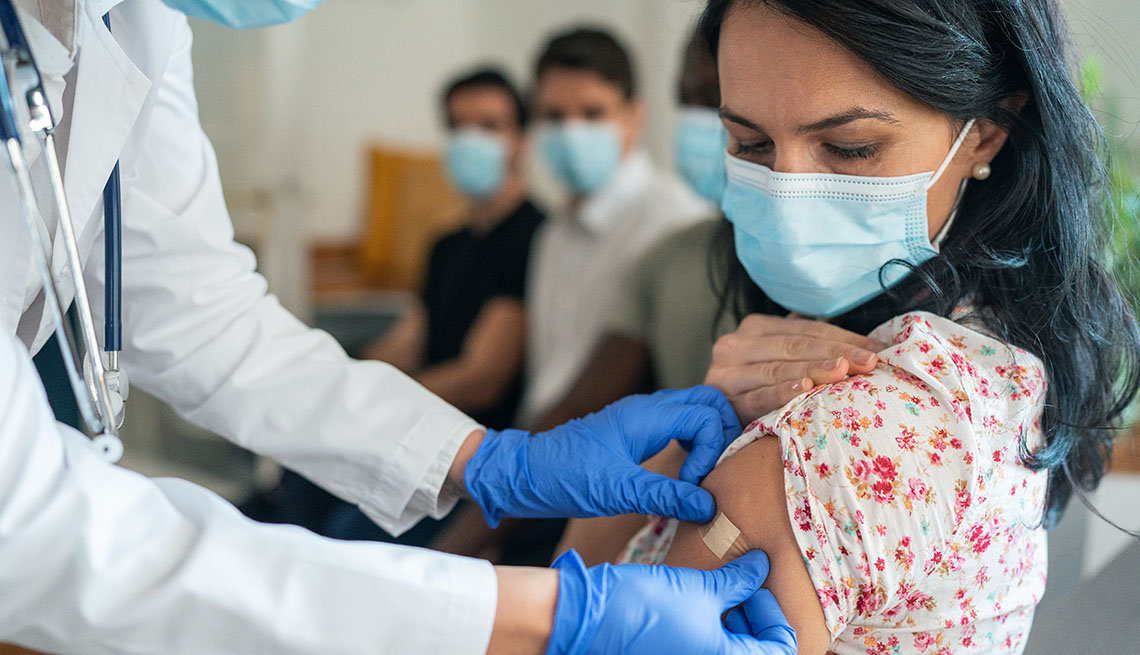
Do you need to get a second covid booster shot?
- Select a language for the TTS:
- UK English Female
- UK English Male
- US English Female
- US English Male
- Australian Female
- Australian Male
- Language selected: (auto detect) - EN
Play all audios:

The risk of myocarditis — one of these uncommon side effects — in the 50-plus age range “is really considered to be minimal,” the FDA’s Marks said. “The side effect profile that was looked
at in a million individuals who had received additional doses in Israel looks very favorable in this age range.” That said, you should plan for some possible, albeit temporary, side effects
after the shot. Fatigue, fever, headache, muscle pain, chills and nausea are all common symptoms reported after the COVID-19 vaccines and other vaccines. But there also don’t seem to be any
benefits to an added boost for people who don’t need one — again, we’re talking about younger individuals who don’t have any health issues — especially when it comes to building the
longer-lasting cellular immunity that helps to protect the body from severe disease. “Individuals will always get an increase in their antibody levels after a booster dose. But how critical
that is isn’t clear,” Moss says. “It comes back to: What is really our goal with vaccinations? Is our goal to just try to prevent all infections, which is almost an impossible goal for a
vaccine, or is it to prevent severe disease and hospitalizations and death, which is a much more reasonable goal? And I think we’ve probably reached that in most individuals with three
doses.” The FDA has a meeting April 6 to discuss the future of boosters, including whether more will be needed for a broader swath of the population and how often. Health officials will also
discuss what those vaccines might look like. It may be that in the next several months to a year, we have more options for boosters, Moss says, like variant-specific vaccines or nasal
vaccines that provide local immunity. Scientists are also working on developing a vaccine that could work against multiple coronaviruses. It’s also possible, “particularly in otherwise
healthy, younger adults, that they may not need an annual booster,” Moss says, though this depends on the course of the pandemic and any variants that may emerge. “Maybe that annual booster
is more for the most vulnerable.” WHAT’S THE TAKEAWAY? The key message is to evaluate your risks, and if you have any questions, talk to your doctor. “Again, the major determinants are age
and then your underlying health conditions,” Drews says. “And the more your personal risk is of severe COVID, then the sooner you want to go ahead and get that second booster.” And don’t
forget about other tools that can help to prevent severe illness: High-quality masks can help keep an infection from happening in the first place, and if you do get COVID-19, a menu of
treatments can help to prevent the disease from progressing. “I think the other thing that’s important is, if you haven’t been vaccinated or boosted, you should. Because I’m more concerned
about the millions still who have not been vaccinated, or the millions over 65 who have yet to receive their first boost. That, to me, should be a focus,” del Rio says.
